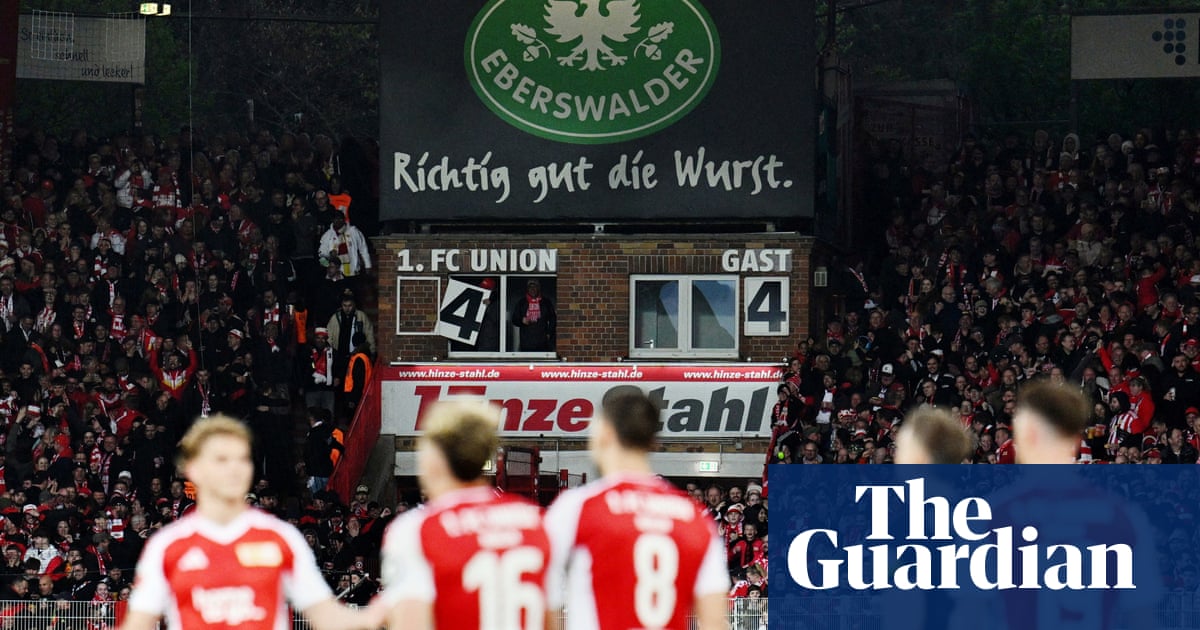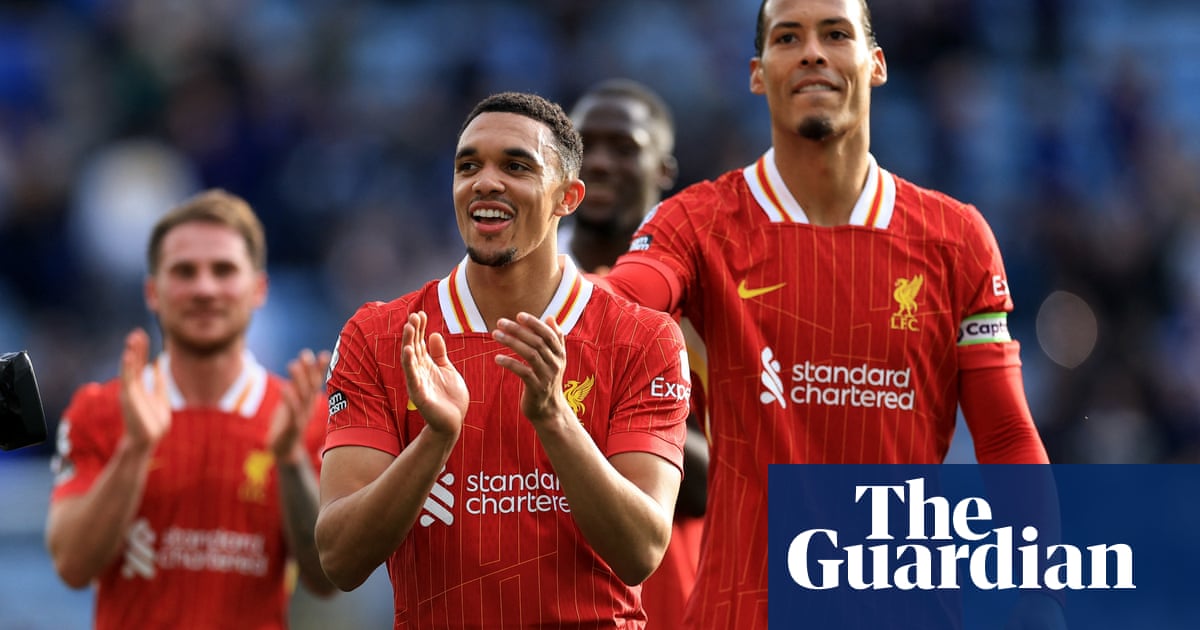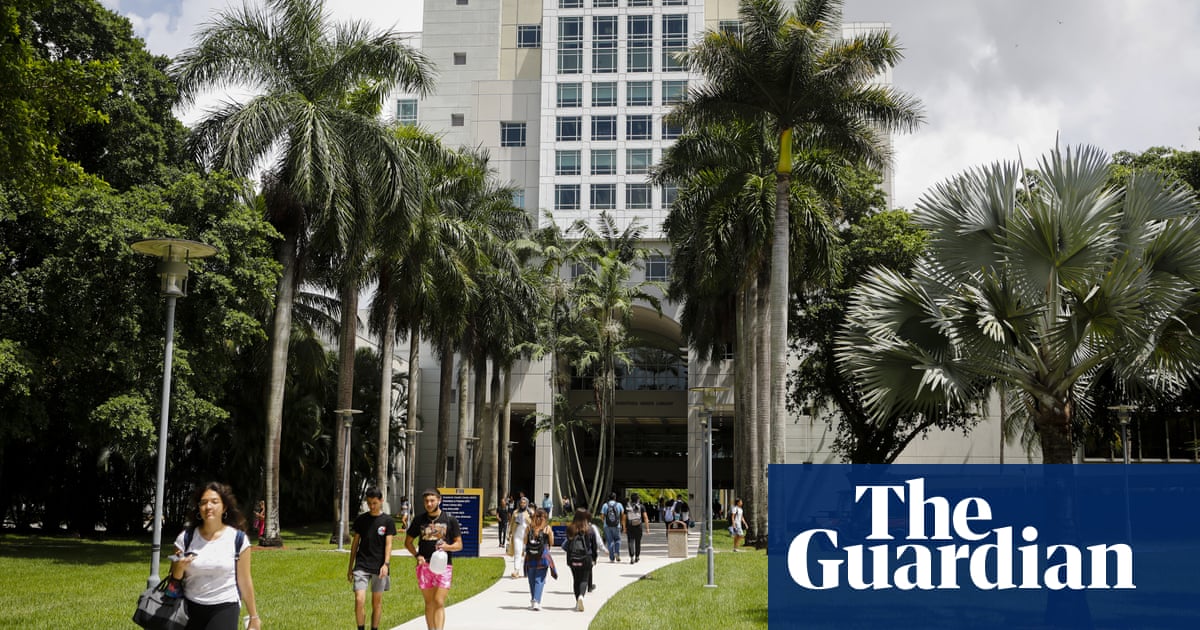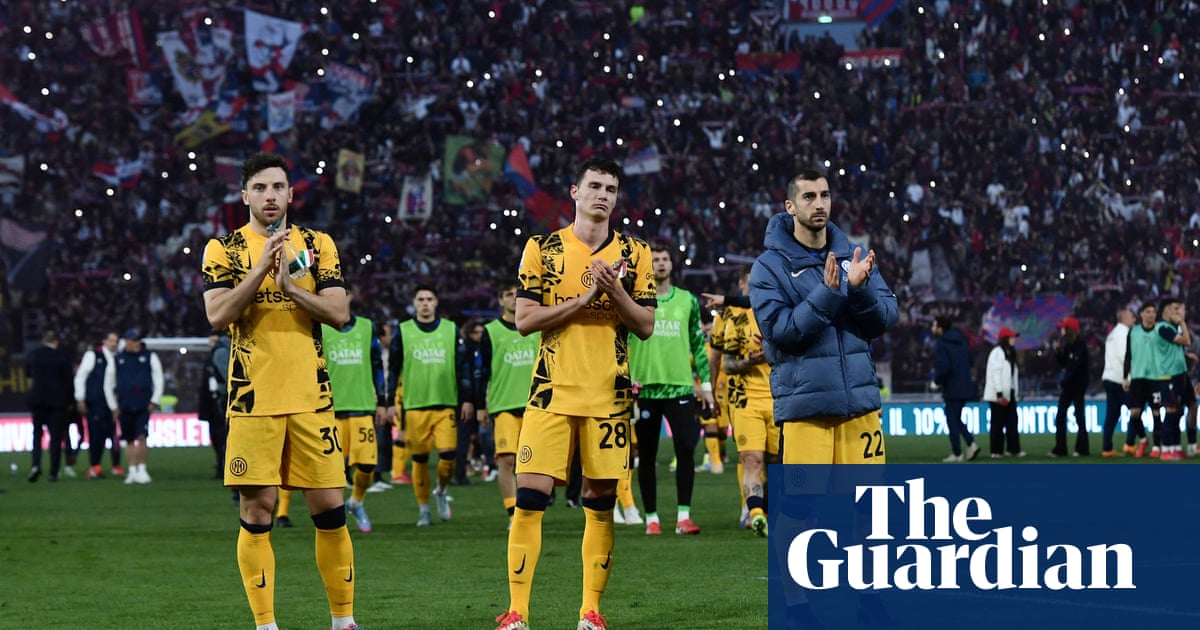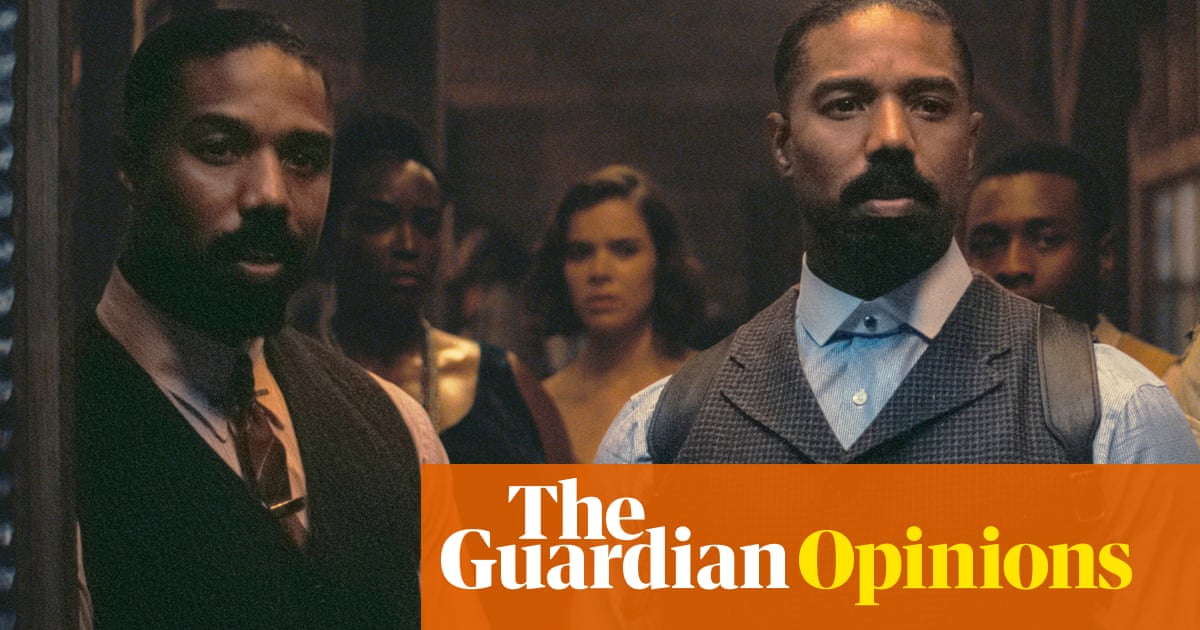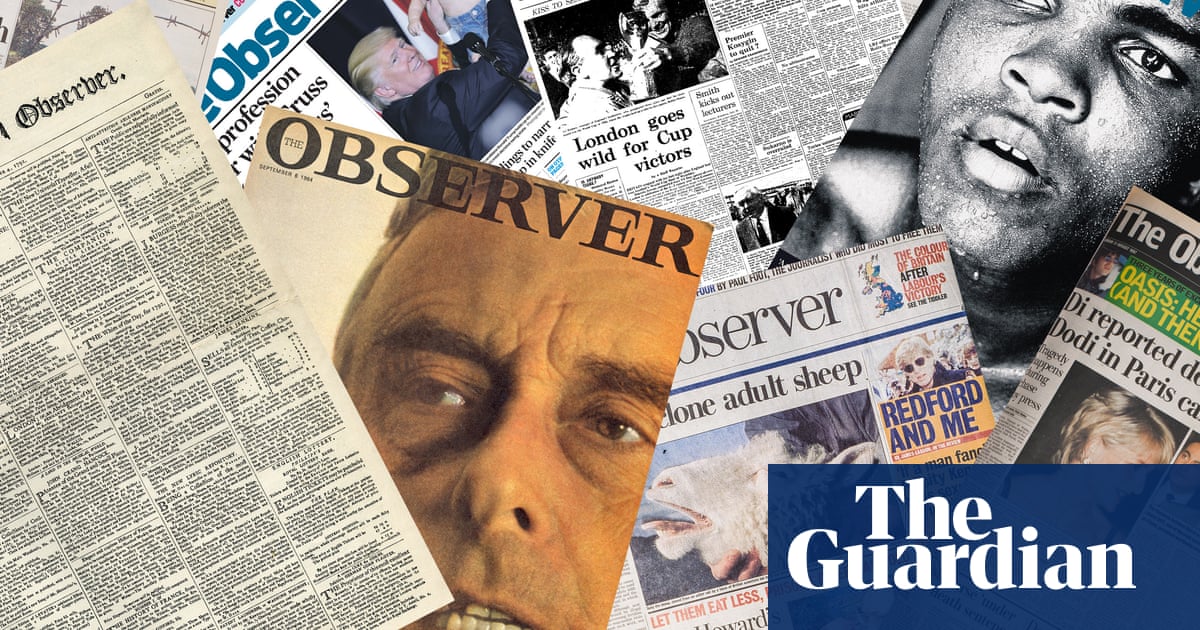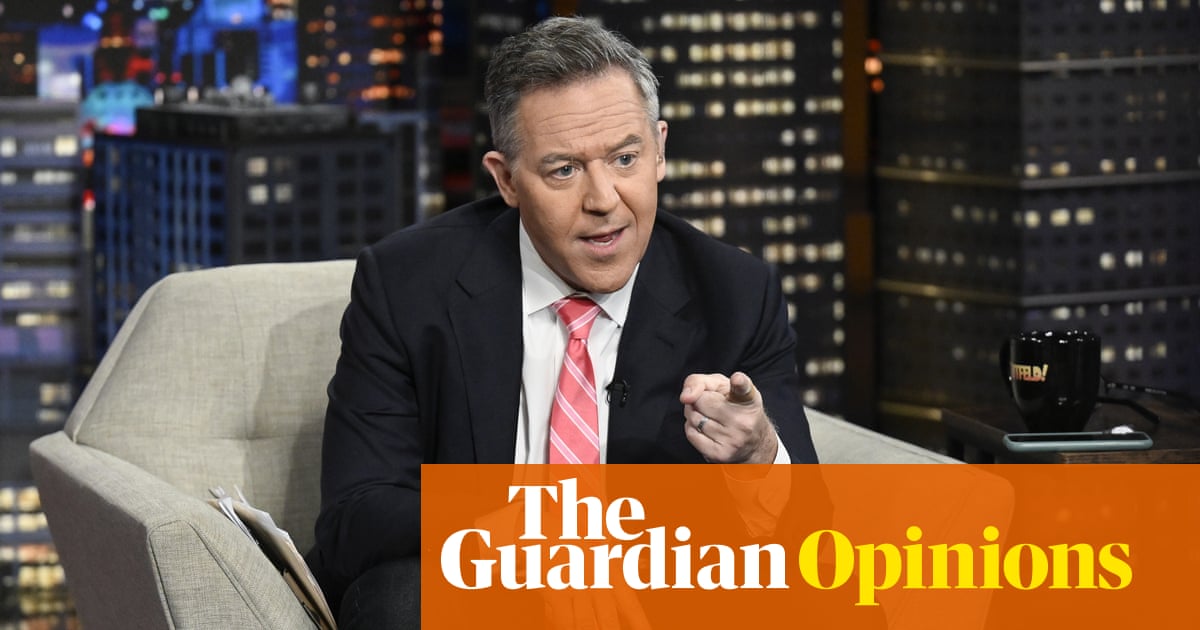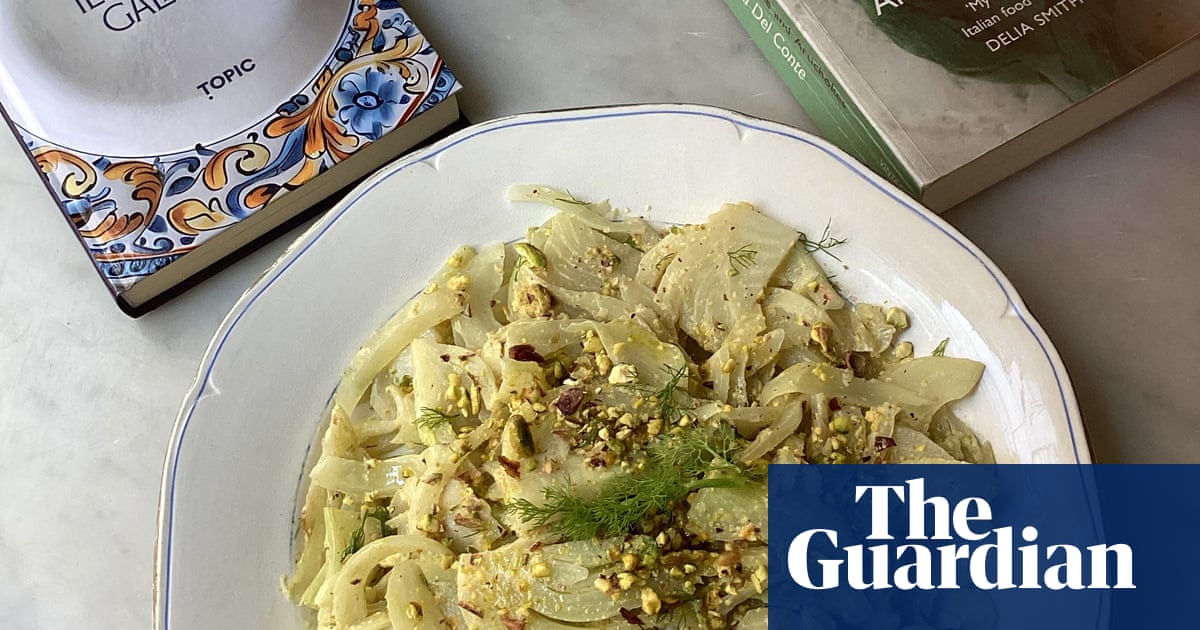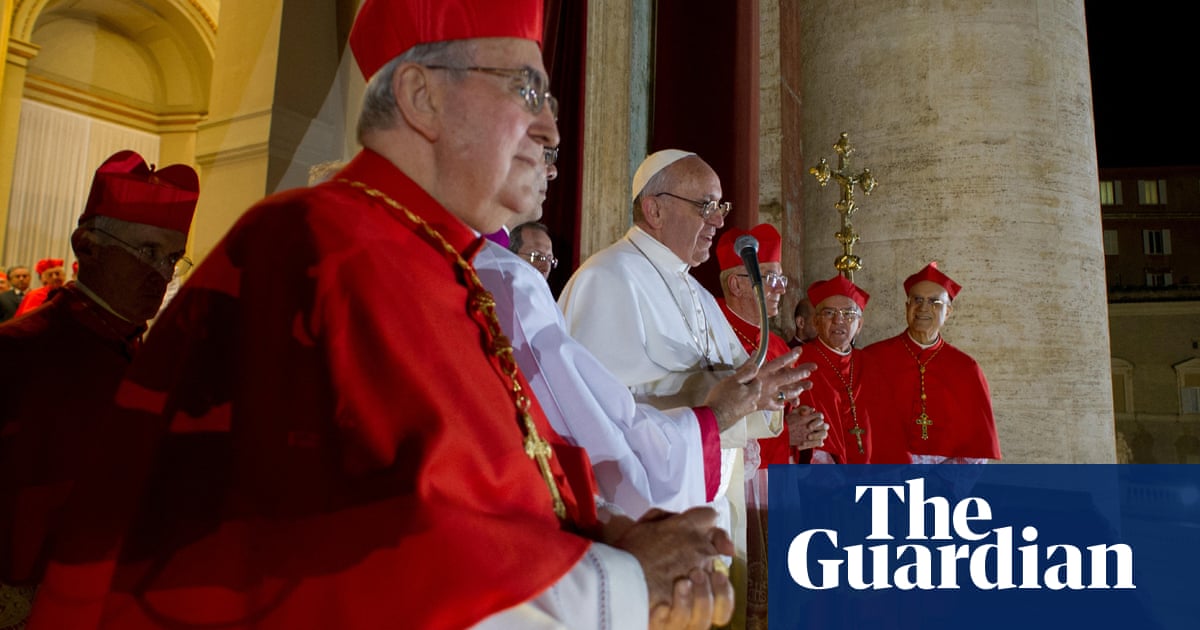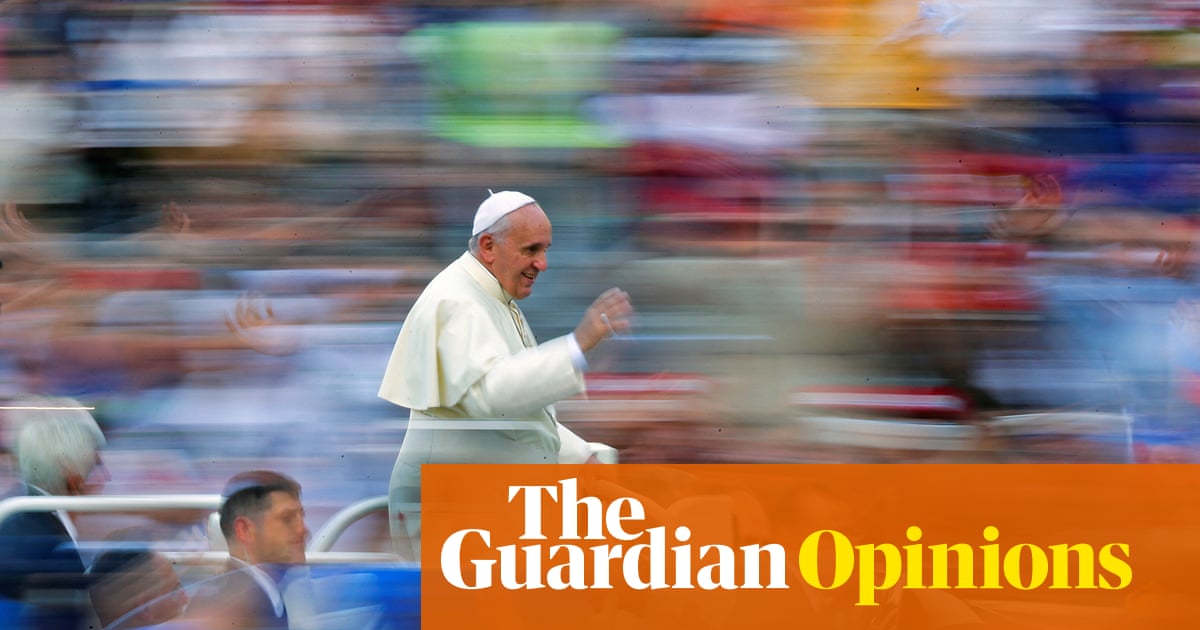The only thing we know for certain regarding a Trump Middle East doctrine is that the president-elect has no clear policy regarding that part of the world. Contradictions abound in his appointments and statements. Donald Trump’s first term perhaps offers clues – the signing and promoting of the Abraham accords with the Gulf states and Israel while also moving the US embassy to Jerusalem and shuttering the US consulate in Israel that catered to the Palestinians in east Jerusalem and the West Bank and Gaza, while also tossing the PLO representative out of Washington and shutting down that ambassadorial-rank office.
He allowed his US ambassador to Israel, David Friedman, to encourage increased West Bank settlement, himself a patron of the hardcore ideological Jewish settlers. None of these actions made an agreement between Israel and the Palestinians easier or more near, and now, after October 7, the terrain is more fraught and confused.
Yet, Trump is essentially an isolationist, an America-firster. He doesn’t like mess or instability, both consistent features of that part of the world. He relishes making business deals and making money for his family, more of a grifter than a custodian of affirming and protecting American interests. A President Trump could benefit from the weakening of Iran, having lost its proxies in Lebanon, Syria and Gaza. The question is how to further neutralize Iran without setting off more warfare, more instability and more mess.
It’s Trump’s proclivity for deal-making and the no-mess sentiments that I’m holding on to for some progress toward a future Palestinian state beside Israel. But there are so many obstacles en route, many created by Trump’s appointments. He tapped the former Arkansas governor Mike Huckabee as US ambassador to Israel, the key position for on-the-ground engagement in the region.
Huckabee, an evangelical Christian, openly supports Israel’s growing settlement enterprise on the West Bank, dismisses the very idea that there is a Palestinian people, and has no interest in shepherding progressive Israeli civil society organizations, as previous administrations (even some Republican) have done. He takes Benjamin Netanyahu and his ultra-rightwing government at face value, as he awaits the rapture, when Jesus Christ will return to that part of the world. Honestly, the last thing that part of the world needs is more biblical-inspired political positioning.
In recent history, especially during the Clinton, Obama and Biden years, the US ambassador’s role has been to maintain a status quo on the ground as best as possible, with an open-door policy to both Israelis and Palestinians. With the closing of the US consulate in Jerusalem that oversaw Palestinian concerns, this embassy has taken on that portfolio, with professionals from the region and US foreign service members, who have tried to assist Palestinians (including trying to get Palestinians with US papers out of Gaza and supporting cultural and educational efforts led by Palestinians). That stops on the day that Huckabee enters his Jerusalem residence.
Trump’s pick for secretary of state, the senator Marco Rubio, ostensibly Huckabee’s boss, is a strong supporter of the Israeli prime minister. It’s not clear how much power Rubio will have, but it’s unlikely that he will promote a humanitarian agenda. Trump’s choice of the representative Mike Waltz to head the National Security Council, along with several other choices – including the representative Elise Stefanik as UN ambassador, and some deputy appointments – represent a conservative Republican pro-Netanyahu mold.
The key is not policy but loyalty. Waltz reportedly is already cleansing the NSC of political appointees who may not be loyal to Trump. This will not be an administration of free and independent thinkers. There will be little imagination, something sorely needed to resolve a seemingly intractable set of problems in the region – rather, black-and-white decisions to be made and dotted lines upon which to sign.
The most intriguing appointment, needing no Senate confirmation, is that of Steve Witkoff, Trump’s golfing buddy who happens, too, to share real estate deals with the Qataris. He has been playing an active role in the ongoing hostage negotiations between Israel and Hamas, with the blessing of the Biden team, as reported by Barak Ravid in Axios.
Witkoff along with Trump son-in-law Jared Kushner are deeply invested in, and perhaps even beholden to, his Saudi investors, their financial partners in the Gulf. Kushner is dependent on at least $2bn. Saudi Arabia is key. How the Palestinians fare in all of this will depend more on the Saudis than on Trump. If the Saudis adhere to their own 2002 Arab peace initiative, which offers Israel peace with nearly every Arab state in return for a negotiated Palestinian state by its side, they could give Trump a huge victory and surprise the Israeli and American right wings that lobby forcefully against this result.
Trump’s Abraham accords were more about financial deal flows, technology trading and armaments than about peace. As welcomed as these accords may have been to Israelis, Israel was never at war with the Gulf states. The Palestinians were ignored, yet this issue continues to be at the heart of regional disputes, even more so since the October 7 Hamas attack on Israel and the subsequent war. Trump could build on his Abraham accord legacy by uniting already public business interests in the Gulf states with Israel, along with Saudi and Palestinian business leaders who are anxious for change and poised to help their own community.
Saudi Arabia remains the lynchpin in the region as a counterweight to Iran, and the main hope for the Palestinians. An accord signed between Saudi Arabia and Israel would cement regional integration and maybe even peace, but only if it also includes a road toward rebuilding Gaza, integrating it with the West Bank and creating a path toward an independent Palestine.
This would be not only a best-case scenario, but a hopeful one for both Israelis and Palestinians to live in democracy and peace. It’s that or the pull of the evangelicals and hardcore, rightwing Netanyahu and his supporters that could force the region into even more bloodshed and inequality.
Meanwhile, what we know for sure is that the traditional US left fissures, especially the hideous splits and hatred that emerged after October 7, are completely useless regarding any influence in a Trump presidency. In fact, the entire protest movement that evolved post-October 7 will have nothing but a negative impact on Trump’s decision-making. He will seek to deny visas or revoke visas for foreign students who are campus protesters.
We also can safely assume that there will be no sanctions against Israel, even mild ones as there were under Biden – no sanctioning of Jewish settlers or demanding more humanitarian aid to Gaza. Trump will make his voice heard on social media and elsewhere, but there will be zero effort to create and nurture peace building. “Nurture” and “Trump” are words that don’t belong in the same sentence. Trump has yet to name a leader for USAid, an agency that has been fostering efforts between Israelis and Palestinians as well as providing necessary aid, especially in Gaza.
For those of us who care about a secure and democratic Israel beside a secure and free Palestine, we have to hope that the deal-making prospect motivates Trump and could amend his legacy away from January 6, hush-money payments and court settlements toward a groundbreaking peace agreement between Israel and Saudi Arabia. Saudi Arabia is holding most of the cards.
-
Jo-Ann Mort is co-author of Our Hearts Invented a Place: Can Kibbutzim Survive in Today’s Israel? She writes frequently about Israel for US, UK and Israeli publications

 2 months ago
49
2 months ago
49

